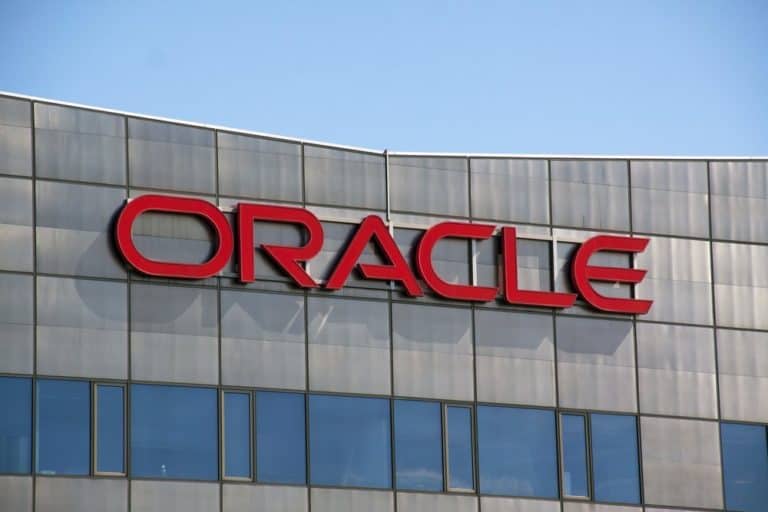Oracle has announced the acquisition of Talari Networks to expand its cloud and networking business. Talari Networks is a software-defined wide area network company. The amount of money involved in the takeover is unknown.
Talari Networks was founded in 2009 and raised 53.5 million dollars in funding. Talari Networks’ main product is its Failsafe technology. This is an SD WAN platform that is used to connect enterprise networks over long geographical distances. WAN connections traditionally require special hardware, but SD-WAN does not require this because the network control moved to the cloud with a software-based approach.
Failsafe SD-WAN would provide better reliability and security for connections between locations and between locations and the cloud. It also provides access to applications over any IP network. Oracle says it intends to use the technology to improve its own Session Border Controller and network management infrastructure. This is used to secure and manage the flow of data on fixed and mobile IP networks.
Underestimate
“The importance of networking is often underestimated from a performance, security and reliability perspective when enterprises deploy next-generation applications,” said Holger Mueller, analyst and vice president of Constellation Research, opposite SiliconAngle. “Manufacturers like Oracle who want these workloads to be constantly innovating want to have it in order to keep their underlying network infrastructure modern and competitive. This now means that the network infrastructure must be software-defined and CxOs can expect Talari to enhance Oracle’s load-specific network performance.”
Oracle has promised not to shut down Talari’s products and services for the time being. The deal is expected to be completed before the end of the year. Talari will then be integrated into the Oracle Communications business department.
This news article was automatically translated from Dutch to give Techzine.eu a head start. All news articles after September 1, 2019 are written in native English and NOT translated. All our background stories are written in native English as well. For more information read our launch article.